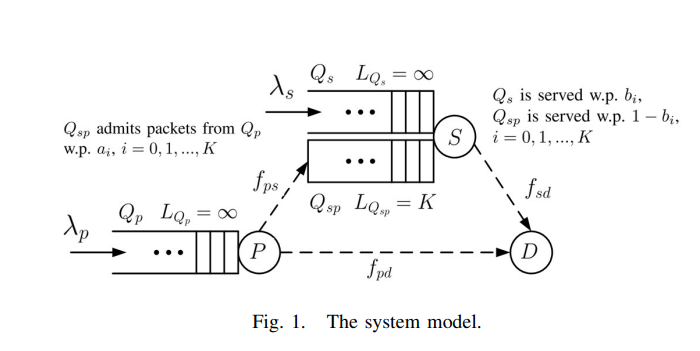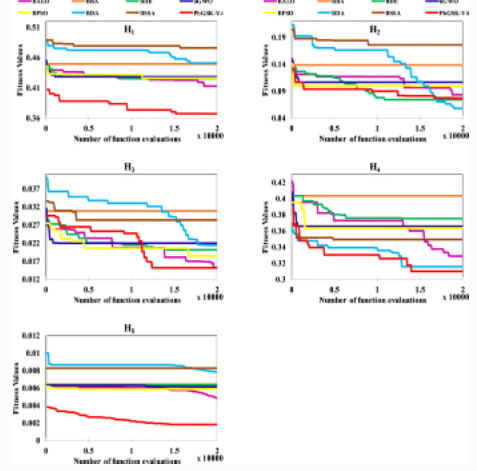
On the stable throughput of cooperative cognitive radio networks with finite relaying buffer
In this paper, we study the problem of cooperative communications in cognitive radio systems where the secondary user has limited relaying room for the overheard primary packets. More specifically, we characterize the stable throughput region of a cognitive radio network with a finite relaying buffer at the secondary user. Towards this objective, we formulate a constrained optimization problem for maximizing the secondary user throughput while guaranteeing the stability of the primary user queue. We consider a general cooperation policy where the packet admission and queue selection probabilities, at the secondary user, are both dependent on the state (length) of the finite relaying buffer. Despite the sheer complexity of the optimization problem, attributed to its non-convexity, we transform it to a linear program. Our numerical results reveal a number of valuable insights, e.g., it is always mutually beneficial to cooperate in delivering the primary packets in terms of expanding the stable throughput region. In addition, the stable throughput region of the system, compared to the case of infinite relaying queue capacity, marginally shrinks for limited relaying queue capacity. © 2014 IEEE.


